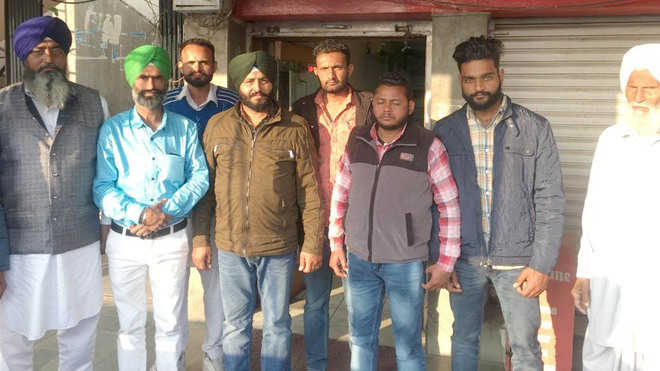Manmeet Singh Gill
Tribune News Service
Amritsar, December 25
With the Punjab and Haryana High Court directing the competent authorities to look into the cases wherein the nomination papers of aspirants for panchayat elections have been rejected and they have filed complaints against it, the candidates are hopeful that they would get a chance to contest.
A total of 309 posts of sarpanch and 2,403 posts of panch were announced elected unopposed in the district. In this category, most are those who were announced winners after the candidature of other aspirants were rejected due to a number of issues.
Arshdeep Singh of Bal Sarai village said they have moved the High Court (HC), challenging the rejection of nomination of three candidates — one for sarpanch and two for panch. He said they were hopeful that justice would prevail and their candidates would be allowed to contest.
The tactic of rejection of nomination papers of the opposition candidate is not a new phenomenon in the state. In the last 10 years of the SAD-BJP rule, the tactic was used blatantly to help supporters of the ruling party.
“The MLAs try to get their supporters elected to these posts in rural areas. Even if these supporters do not enjoy popular support, they are elected because the opposition candidates are not allowed to contest,” said a local political observer, adding that in many cases people, who do not enjoy public support, are elected unopposed.
The people who keep a watch on local politics stated that unless free and fair elections are held at the grass roots level, panchayat elections will not benefit residents of the rural areas in any way.
“Once a person gets elected or the candidature of others are rejected, he or she has no regard for democratic values and welfare of the residents. This is the reason why complaints regarding bias in disbursing benefits of social schemes to the poor are reported,” said Sandeep Singh Sandhu, a retired college teacher.
Unlock Exclusive Insights with The Tribune Premium
Take your experience further with Premium access.
Thought-provoking Opinions, Expert Analysis, In-depth Insights and other Member Only Benefits
Already a Member? Sign In Now










